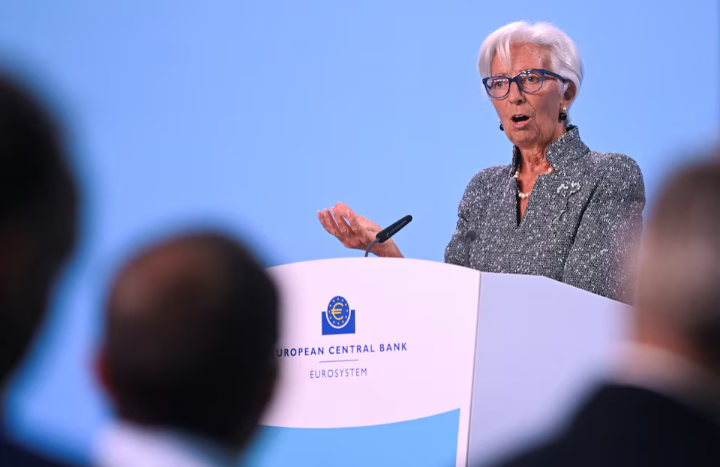Shell (SHEL.L), the global oil and gas giant, won an appeal on Tuesday overturning a previous landmark Dutch ruling requiring it to speed up carbon emission reductions. The Hague appeals court recognized Shell's duty to reduce greenhouse gas emissions to mitigate global warming but dismissed the 2021 decision that mandated Shell reduce its absolute emissions by 45% by 2030 from 2019 levels, including emissions from its products.
Friends of the Earth Netherlands, the environmental group behind the original 2019 case, expressed disappointment but pledged to continue challenging large polluters. Director Donald Pols acknowledged, “This hurts,” while affirming the legal accountability of major polluters. Although the group hasn’t confirmed if it will appeal to the Netherlands’ Supreme Court, it reiterated its commitment to climate action.
Shell CEO Wael Sawan said the appeals court’s decision aligns with the global energy transition, benefiting the Netherlands, the company, and its shareholders. This ruling coincides with COP29 in Baku, Azerbaijan, where opening discussions have focused on balancing fossil fuel interests with climate ambitions.
The appeal decision marks a shift amid heightened energy costs since Russia’s 2022 invasion of Ukraine, which led to an energy crisis impacting climate targets. The court agreed with Shell’s argument that mandates to reduce emissions should be set by governments, not enforced through courts, and acknowledged the risk of unintended consequences—such as consumers shifting to more polluting fuels if Shell’s gas supply were reduced.
Shell has already made progress on emissions from its own operations, achieving a 30% reduction from 2016 levels by 2023. While Shell has scaled back on renewables, it plans to invest $10-15 billion in low-carbon energy between 2023 and 2025, though it has eased some of its earlier carbon intensity targets for the decade.





